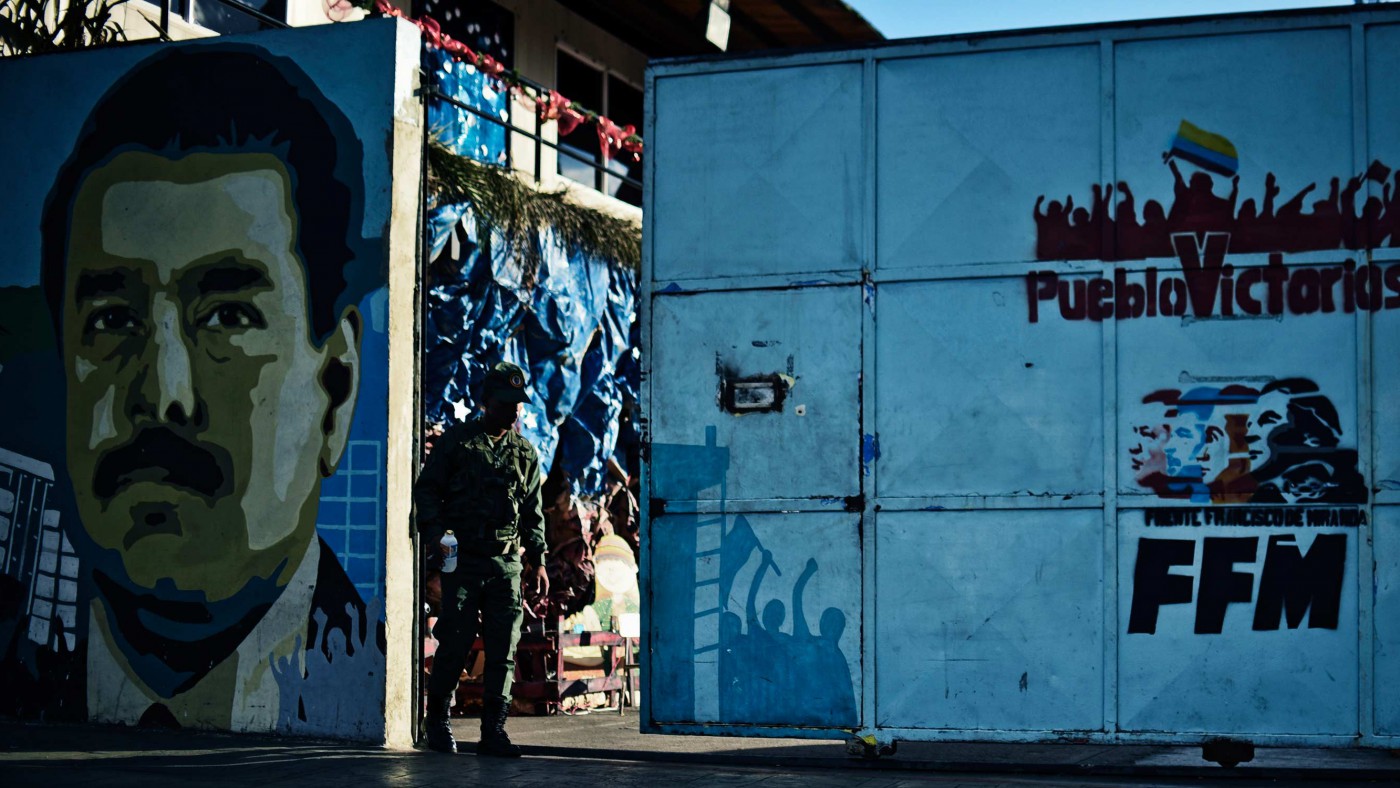This week, Venezuela’s opposition won more than two-thirds of the seats in the National Assembly, giving them the power to change the politics of the socialist country. This landslide victory presents the biggest threat to Hugo Chavez’s legacy in over 17 years. The result has the potential to impact the politics of Venezuela, and the region as a whole.
But this victory does not mean the end of President Nicolas Maduro’s regime, nor the revolutionary ideals it’s based on.
In Sunday’s election, Venezuela’s opposition, the Democratic Unity Roundtable (MUD), won 112 of the 167 seats in the legislature. Maduro’s party, the United Socialist Party of Venezuela (PSUV), won only 55. The opposition’s overwhelming majority will give them the power needed to release political prisoners, fire ministers, reshape the judiciary branch, change the constitution, and even start a process to recall the president.
Venezuelans want a change from the socialist policies that have created the country’s triple-digit inflation, recession, chronic food shortages, and a rise in violence. As a recent Pew research poll shows, 85 percent of Venezuelans are dissatisfied with how the country has been managed. The strength of this feeling was clearly reflected in the fact that the elections boasted a 74 percent voter participation rate—the highest for a National Assembly election since the 1990s.
Despite this victory, the situation in Venezuela is still far from ideal. And we don’t yet know what the results of the election mean for the future of the currently socialist country.
We have to be realistic and expect that Maduro’s left-wing revolutionary regime will fight back, as it did in 2008 when Chavez seized control of budget, following an opposition victory in a mayoral election.
Maduro will not give up power without a fight. He still has control over the state, the army, the media, and economic policy in Venezuela. Moreover, the opposition will not assume power until January 5th, which gives the current members of the assembly time to hand more power to Maduro, or take actions against the opposition.
The victory doesn’t mean that Maduro will give up his party’s revolutionary ideals either. After the elections on Sunday, Maduro told his followers to accept the loss, but pledged to not give up on Hugo Chavez’s mission to create a socialist country. “We lost the battle, but the revolution will continue,” he said. To make matters even worse, the PSUV tweeted images of Vladimir Lenin and Joseph Stalin, with quotes urging followers “not to whine” about the loss.
Even if the opposition is able to smoothly gain control over the National Assembly, we can still expect the PSUV to try to silence its international critics, continue to blame the results on “counterrevolutionary” efforts directed by the US, and even try to derail the opposition’s plans for the country.
Maduro has already said he will not accept the opposition’s amnesty bill that would release over 70 political prisoners. Furthermore, we can expect Maduro to silence the opposition by creating trumped-up charges and allegations against prominent figures, like he has done in the past with opposition leader Leopoldo Lopez.
As the political turmoil in Venezuela continues to develop, we should keep in mind that the battle for democracy is not over. Even if the opposition is able to make changes, they will have to deal with decades-old socialist institutions. The government can change, but when you have generations that have lived under socialism and its rules, the effects are long-lasting. Building free institutions is a long-term project, and the changes Venezuela needs will take time. This is, however, an important step in the right direction.


